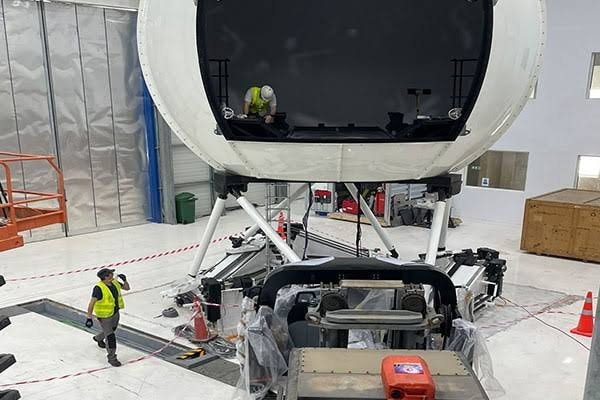What started as a strategic stimulation of the real sector to engage in local production of goods and services as a way of conserving scarce foreign exchange has turned into a full blown success in the Agric sector of the Nigerian Economy. Mr Godwin Emefiele, Governor of the Central Bank of Nigeria, has played a pioneering and pivotal role in financing agricultural infrastructure all over Nigeria with an outstanding and proven commitment to agricultural development through strategic projects investments. In simple terms, the CBN Governor helped in making the nation’s quest for economy diversification real.
The CBN Governor has spent energy and resources to build a resilient financial system that would serve the growth and development needs of the country using
development bank strategies as the fulcrum of driving economic growth.
In line with its long term vision, the CBN, under the Emefiele has pursued with renewed vigor intervention schemes such as Agricultural Credit Guarantee Scheme (ACGS), Commercial Agriculture Credit Scheme (CACS), the N220billion Micro, Small and Medium Enterprise Development Fund (MSMEDF), Small and Medium Enterprises Credit Guarantee Scheme (SMECGS), and the Anchor Borrowers’ Programme (ABP).
For example, The Financial Stability Report for the period ended June 2017, released by the apex bank showed that N472.98 billion was disbursed through the Commercial Agriculture Credit Scheme (CACS) for 513 impactful projects.

The emergence of many agricultural and allied businesses with their immense value chain across the country was made possible with the efficient policies and processes that the CBN has put in place. Thus, agric business has become very attractive under the present CBN Governor. It is on record that CBN Governor’s efforts in the agricultural sector are behind major landmark achievements in the sector in the last four years. Under Emefiele’s watch, the various initiatives aimed at encouraging domestic production, have resulted in Nigeria’s monthly import bill falling significantly from $665.4 million in January 2015, to $160.4 million as at October 2018, representing a drop by 75.9 per cent and an implied savings of over US$21 billion on food imports alone over that period.















